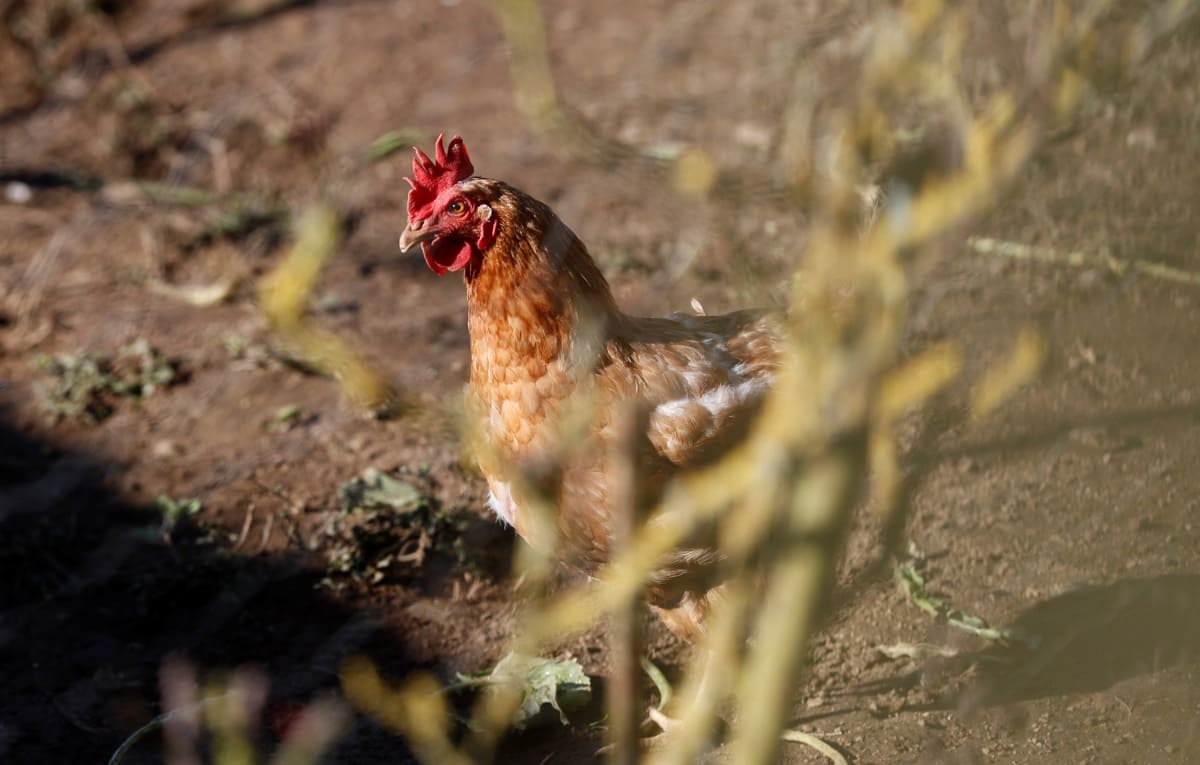Buenos Aires (EFE) – Bird flu has been eliminated in Argentina, 162 days after its first case and the last time it was detected in commercial poultry, the Center of Poultry Processing Companies (CEPA) reported Tuesday 50 days of the epidemic.
Argentina’s National Service of Agri-Food Hygiene and Quality (Senasa) closed “the last case” on Tuesday and sent a “corresponding report to the World Organization for Animal Health (OMSA) that the country is once again free of bird flu,” said CEPA President Roberto Domenech explained in a statement.
Surely you’re interested: Bird flu on farms at risk of spreading to humans
good news for argentina
“This is good news. In about 15 days, the entity that filed a complaint with OMSA when the first case occurred must inform the rest of the world that Argentina is once again a country free of poultry. Influenza”, the leader said in the published text Said.
However, Domenech added that Senasa and the private sector “will continue to carry out all sanitation efforts to control the spread of the virus” and private producers will work to “deepen traceability and biosecurity on farms” to prevent possible outbreaks . Allowing the virus to spread to the business world.
On February 8, the World Health Organization (WHO) issued a warning about the spread of the disease among mammals in different parts of the world.
cause of bird flu
Bird flu mainly affects poultry and is considered highly deadly, according to the World Health Organization. Although it is an animal disease, it has the potential to spread to humans who come into contact with sick birds.
On February 28, the first case of highly pathogenic avian influenza (HPAI) H5 infection in poultry was confirmed in Río Negro Province in southern Argentina, and the export of similar products was suspended to prevent the spread of the disease in commercial circulation.
A month later, on April 1, overseas sales of chicken and eggs resumed. Recently, following an outbreak of avian influenza in cats in Poland, the World Health Organization proposed the development of an experimental vaccine to prevent possible cases of human-to-human transmission.
Photo: EFE/Eliseo Trigo.

